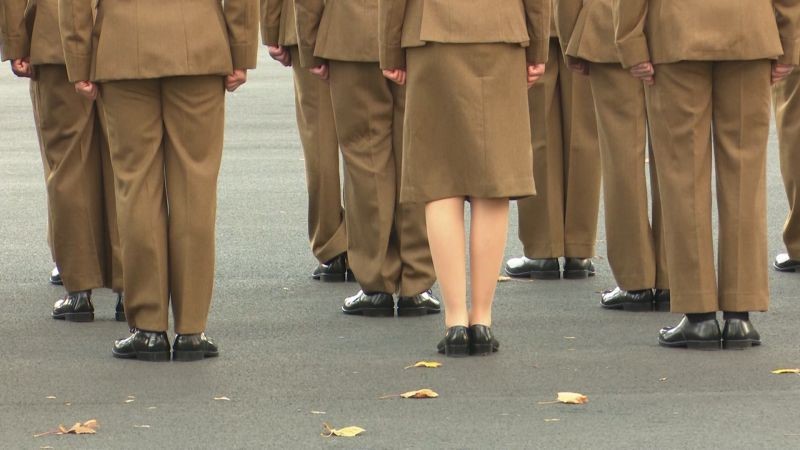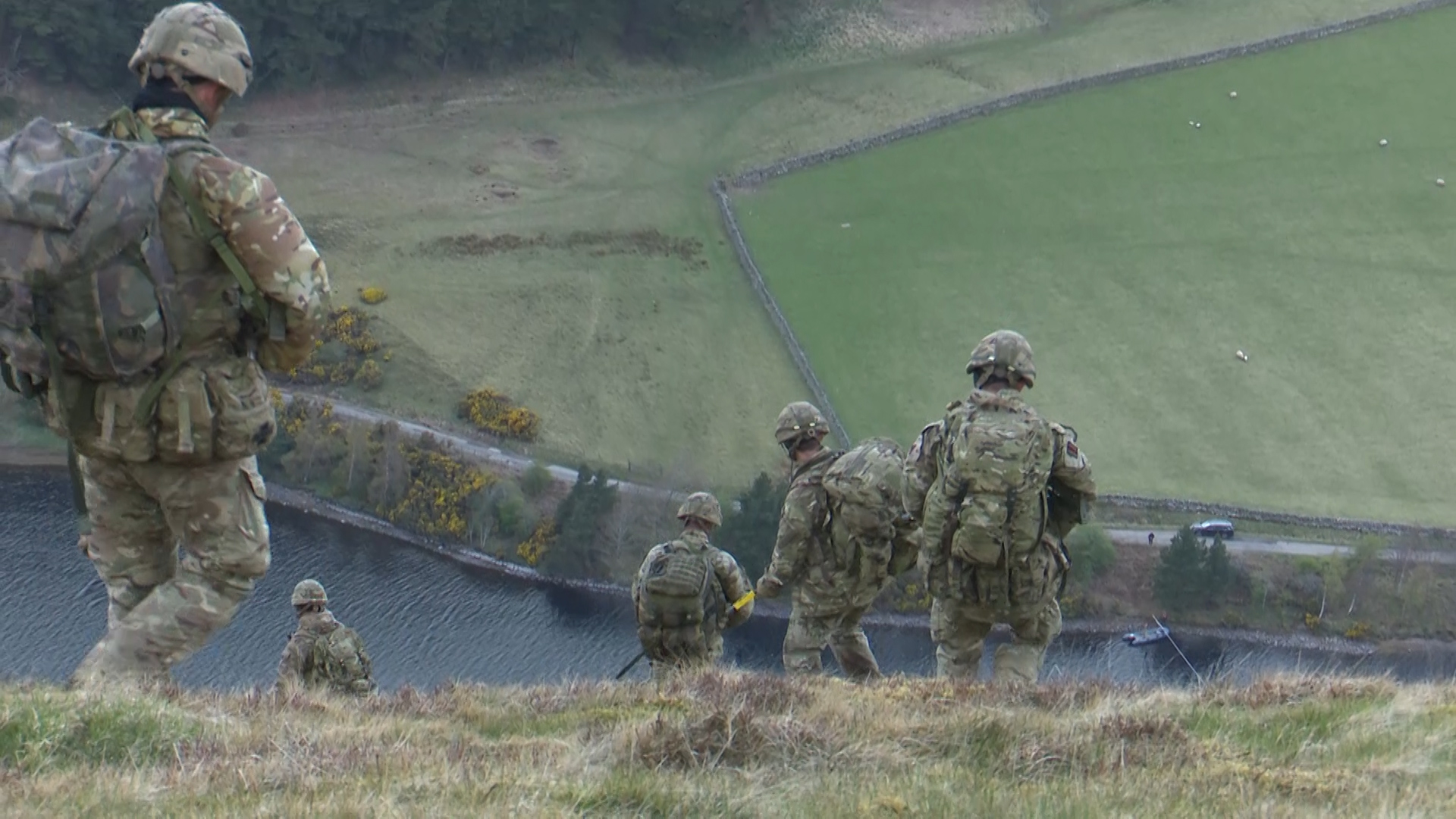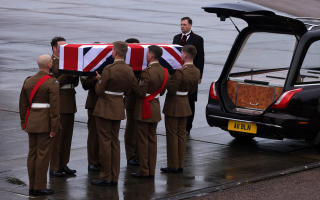
Army orders regiments to cut any ties they have with clubs that bar women

An order has been issued to all regiments and corps to review their affiliations with private members' clubs, focusing on whether such organisations are inclusive enough to reflect the modern-day British Army.
In a letter issued by Lieutenant General David Eastman, colonels have been instructed to "disassociate" from clubs or organisations deemed "fundamentally incompatible with the Army's values".
An Army source told BFBS Forces News that some may view the move as trivial, "but it is important stuff".
The Deputy Chief of the General Staff's directive came just days after King Charles unveiled a permanent memorial recognising the military service of LGBT personnel.
In the letter – seen by BFBS Forces News – Lt Gen Eastman explained his rationale, writing that the British Army was continuing to evolve into a modern, inclusive and forward-thinking organisation.
The letter states: "It has come to my attention that some Corps and Regiments maintain historical associations with private members' clubs whose rules, policies, or cultural practices may not align with the Army's commitment to inclusivity.
"This concern extends beyond clubs that exclude women entirely, to include those where membership rights, access, or participation differ on the basis of gender – for example, restrictions on the rooms that can be accessed, the events that can be attended, or whether members may make purchases on equal terms.
Lt Gen Eastman's letter goes on to advise: "I therefore direct the following actions:
- Review of affiliations: All corps and regiments are to conduct a review of all associations with private members' clubs, with particular focus on the inclusivity of these organisations. This review should assess whether the club's rules, policies, and culture align with the Army's values and the principles of equality and respect.
- Engagement with clubs: Where concerns are identified, corps and regiments are to engage with the relevant clubs to discuss their policies and advocate for change. Constructive dialogue offers an opportunity to influence positive change beyond the Army.
- Disassociation where necessary: If a club's policies or practices are found to be fundamentally incompatible with the Army's values after engagement, corps and regiments should take steps to disassociate from the organisation. This may include ceasing affiliations, refraining from hosting events at the club, or withdrawing support for its activities."

The general's letter was signed off by reminding its recipients to "approach this matter with the seriousness it deserves".
Many clubs with historic affiliations to the British Army have already moved to change their rules and membership criteria – including the Cavalry and Guards Club in London, which has admitted both men and women for years.
Confirming the directive, a British Army spokesperson said there was "never a wrong time to address practices that limit the potential of our people".
The statement said: "Ensuring every member of our Armed Forces can participate fully in Army life without facing barriers based on gender is fundamental to building the capable, cohesive fighting force.
"This review addresses informal affiliations that risk creating two-tier access to professional networks. Where clubs affiliated with corps or regiments maintain different membership rights based on gender, it sends a message inconsistent with how a modern Army operates.
"There is never a wrong time to address practices that limit the potential of our people. This review requires no diversion of operational resources; it asks senior leaders to assess affiliations and engage in dialogue."









